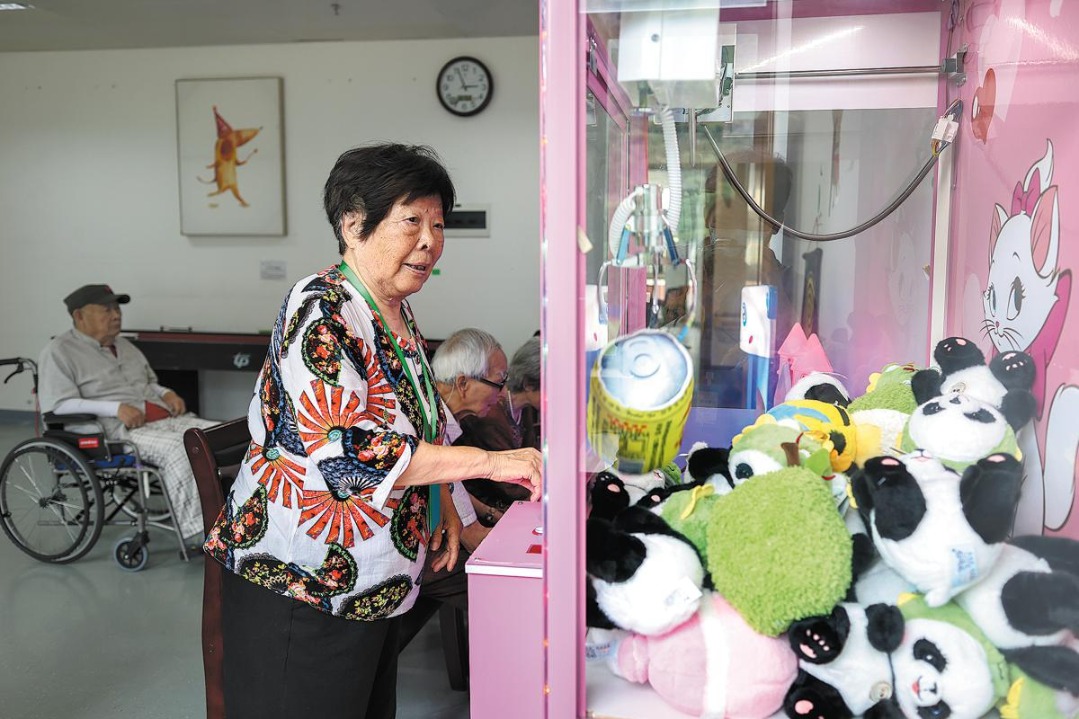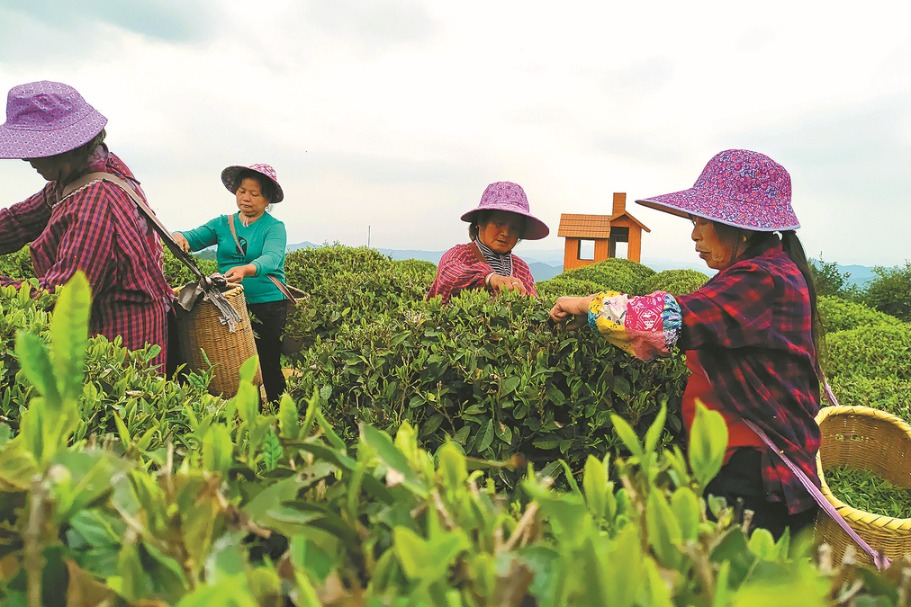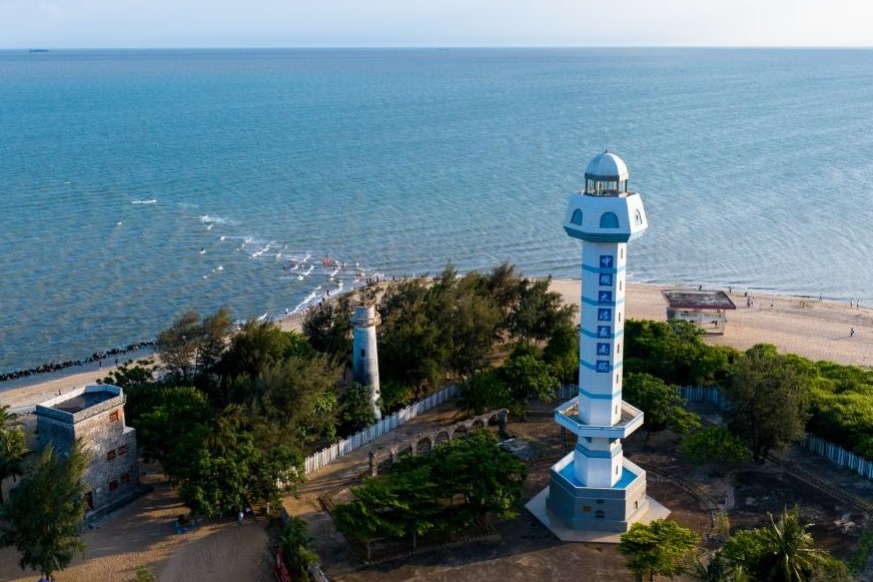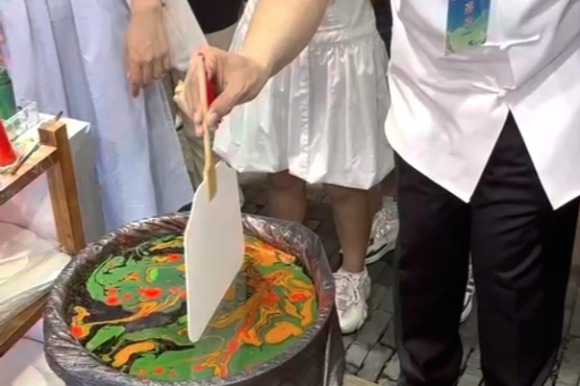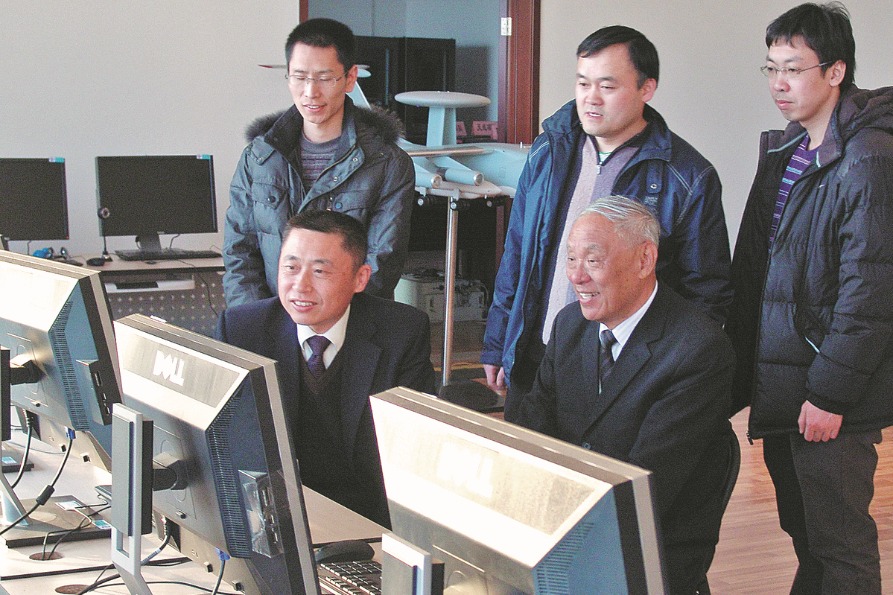Xunlonghe village: A model for rural urbanization

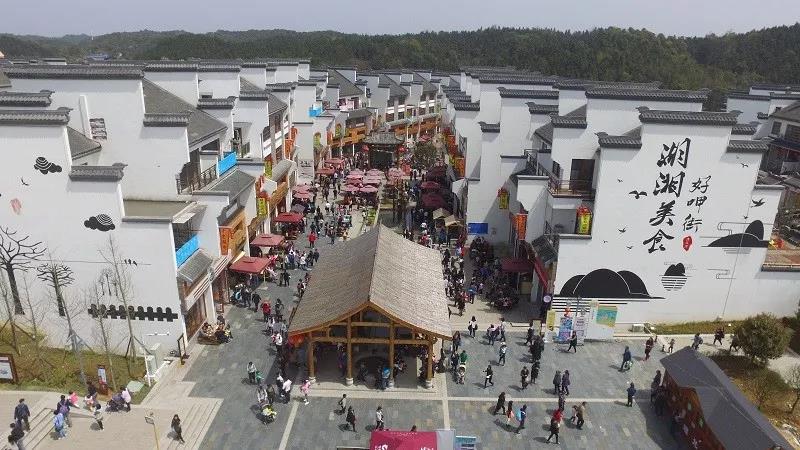
Xunlonghe village, which once drew attention in 2010 as an impoverished village of Hunan province, has become a bustling area. Residents now live in three-story villas. The village, which has experienced industrial development, also boasts over 10 million yuan annual sales of local subsidiary agricultural products and has set up platforms to attract more than 100 companies. What’s more, the average annual income of villagers who have completed centralized residence and land transfer has reached 80,000 yuan (about $11,600).
With a large-scale bamboo and wood forest, Xunlonghe village is rich in natural resources as well as beautiful scenery. The area has three linked rivers that complement the rolling hills, typical of southern terrain. Moreover, the village also has many time-honored folk legends and historic sites, such as Guandi Temple, Yiyun Pavilion and Huatuo Temple.
However, it was once a poor provincial-level village a few years ago with shabby houses, muddy roads and poor infrastructure. People living there could never imagine that, in just a few years, they would come to reside in comfortable villas and find opportunities to earn a livelihood through business, instead of just engaging in farm work.
Xunlonghe Village has attracted investment to develop into an ecological art town through land reform and policy support. The local government always adheres to an innovative path of urban-rural integrated development. Since 2009, the village has successfully realized rural resource capitalization and addressed issues concerning agriculture, countryside and farmers by increasing farmers’ incomes, developing agriculture and improving rural conditions.
Located in Guoyuan town, Changsha county, Hunan province, Xunlong River Eco-art Town is no more than 30 minutes by car from Changsha Huanghua International Airport, downtown Changsha and the Changsha South Railway Station.
A distinctive town on the outskirts of Changsha, Xunlong River Eco-art Town covers an area of 9.8 million square meters, with a total investment of 14 billion yuan. The government has relied on the area’s convenient transportation, good natural environment and local culture, making full use of rural resources and improving people’s livelihoods. This has allowed the government to realize an industrial pattern oriented toward education, based on an environmental and cultural industry, and supported by the health and tourist sectors.
The village has witnessed great changes taking place over the past 10 years. A large number of students in different grades have been admitted into schools affiliated with Beijing Normal University, built on the north side of Huangxing Avenue. On the south side, the newly built commercial street is ready to welcome people. Sakura Valley, with one of the largest groves of cherry trees, has gained popularity among visitors.
In Xunlonghe residential resettlement community, you can find streets filled with Hunan folk customs, craftspeople, local specialties and guesthouses. For example, visitors are able to see a wooden house built on a tree or live in a house with high-tech equipment. If you are going on a family trip, you can take your children to Maiji Enlightenment Island, a wonderful children’s playground.
Industrial development should be given priority in order to revitalize the countryside. Xunlonghe village has attracted not only a large group of rural surplus labor but also foreign employees by developing a comprehensive industry. Wages for the workforce have also seen a large increase. Modern agriculture, tourist services and the property management industry have provided about 300 jobs for local people with an average annual income of 80,000 yuan. The secondary and tertiary industries have attracted more than 1,000 foreign employees by developing the sectors of agricultural products, tourism and rural housing. Entrepreneurs enjoy an average annual income of about 80,000 yuan.
- China remains top source of scientific 'hot papers': report
- Hainan to fully restore tourism in time for National Day holiday
- Chinese, foreign experts discuss development of national cultural parks
- China's scientific research papers surpass global average in citations
- China bolsters flood control amid triple typhoon impact
- Beijing's top prosecuting body successful in resolving livelihood cases

















